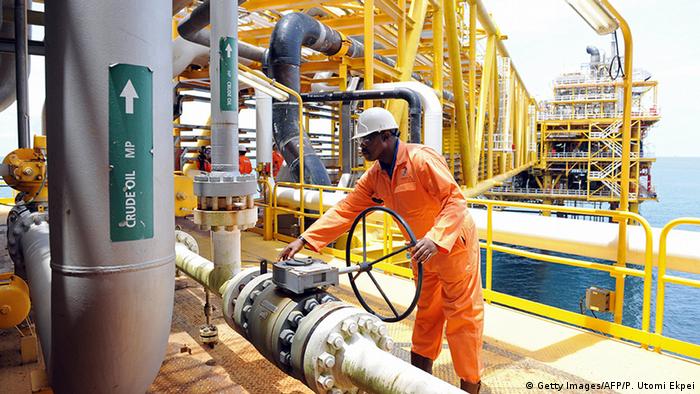Olusola Bello
The year 2021has been described as difficult one for the oil industry generally.
Although the Covid 19 pandemic seemed to wane and oil prices firmed up over a few months the upsurge of the Delta and Omicron variants towards the year-end was beginning to place all the gains of previous months in jeopardy.
On the local scene, it was one of the most difficult years for the industry as a combination of OPEC+ quota aging pipeline infrastructure and very high levels of vandalism almost crippled the industry.
Lack of infrastructure and security concerns have led Nigeria not to be producing to capacity and consequently, she has not been able to meet it production capacity, even the ones granted by OPEC. Also, the same problem has led to underutilize of the country’s refining capacities, thereby pushing the country to become a net importer of refined petroleum products. However, Nigeria is on the edge of altering refined products’ supply dynamics in the region with the help of the upcoming Dangote Refinery, and it is expected to become the regional refining hub in the coming years. Once completed, the country is planning to become the refinery hub in Africa. This, in turn, is expected to attract foreign players to tap into the country’s downstream market in the near future.
On the other hand, high product prices meant that almost all the entire crude export revenue was used to import refined products.
According to managing director and chief executive officer of Energy and Mineral Resources( EMR), Abiola Ajayi, said this situation may get worse in 2021 even if the Dangote Refinery comes online as there are not enough new projects to cushion the expected withdrawal of 600k b/d from the export stream, as foreign exchange would still be a challenge for the country.
He said however that deregulation of the industry would help but the government isn’t doing enough to sensitise the general population, hence the Sabre rattling by pressure groups who are opposed to any form of subsidy removal.
The real wild card is how to tame the pandemic and restore some needed stability into the industry that would also engender a structured energy transition
if the country is producing 1.3m barrels of oil per day (Bopd), and over 600,000 barrels is removed for Dangote Refinery and other refineries coming up, revenues from the export of 600,000 barrels cannot satisfy the country’s foreign exchange demand, because there are no new projects that are being sanctioned. This is tough and there is no light at the end of the tunnel.
The key issue here, therefore, is that although the oil industry is only 6% of the GDP, but it’s responsible for a chunky 90%, of export earnings in dollars and Nigerians have an insatiable appetite for imports, this is the real problem.
Given the country’s huge gas reserves and its advantage as a clean fuel, gas has already witnessed a massive surge in its domestic consumption in recent years. Further, the country is steadily moving away from oil and exploring different ways to replace oil consumption with gas in power as well as the transportation sector. The shift to gas is also supported by the fact that major oil reserves are likely to get dry in the coming three to four decades. Hence, the oil market is considered to be one of the most vulnerable markets where natural gas has the highest potential to penetrate. Moreover, gas production has become a major focus for the oil and gas companies, in response to strong investment in gas-to-power projects, across the region.
The signing of the Petroleum Industry Act is viewed in some quarters that it may give the necessary respite the industry needs if it properly implemented.
It implementation will enable far-reaching reforms and a sustainable overhaul of the industry.
The omnibus law is seen as holding the key to unlocking value from the nation’s petroleum resources for the benefit of our generation and unborn Nigerians.
” The Act will enable far-reaching reforms and a sustainable overhaul of the industry, in view of its focused implementation under the committed leadership of the Minister of State for Petroleum, Timipre Sylva.”
According to him, the PIA and the Decade of Gas initiative of the government will help the government to attain its key objectives for the industry.
He said that the legal, regulatory, fiscal, governance and institutional frameworks to maximise Nigeria’s oil and gas resources had been provided for by the PIA.
Ghenga Komolafe, Executive Secreatary of Nigerian Upstream Regulator Commission (NUPRC) said the Act also provided incentives to attract investments in gas infrastructure development and exploration to deepen downstream gas penetration in line with government’s aspirations.

